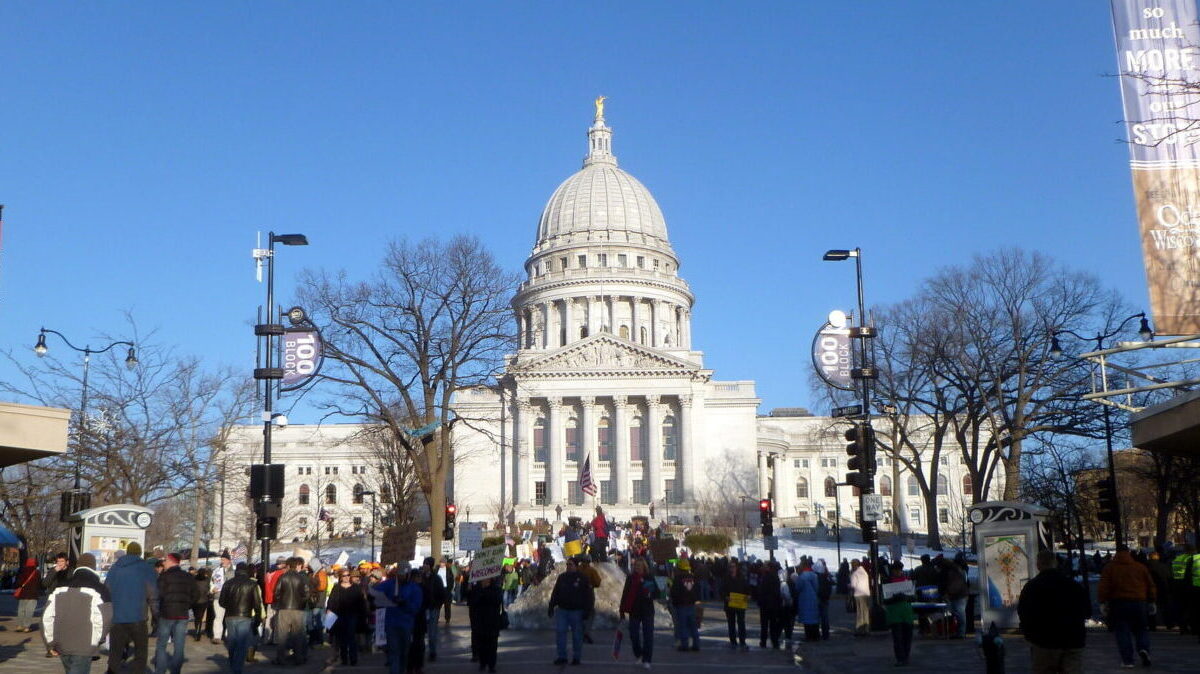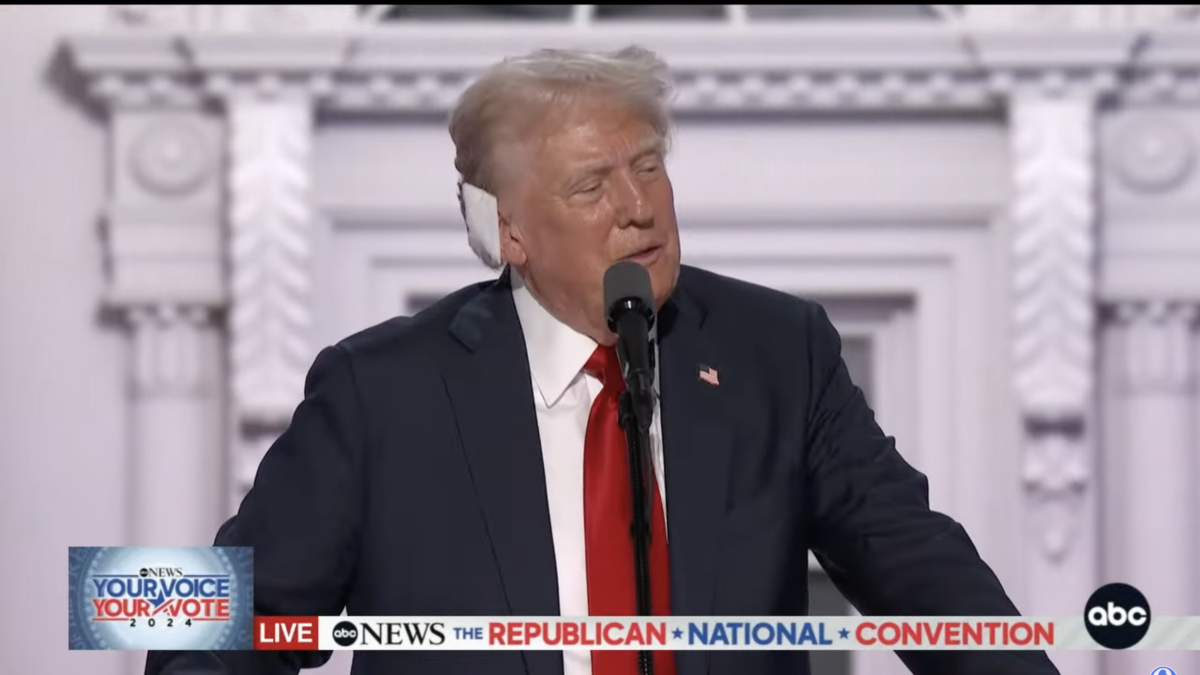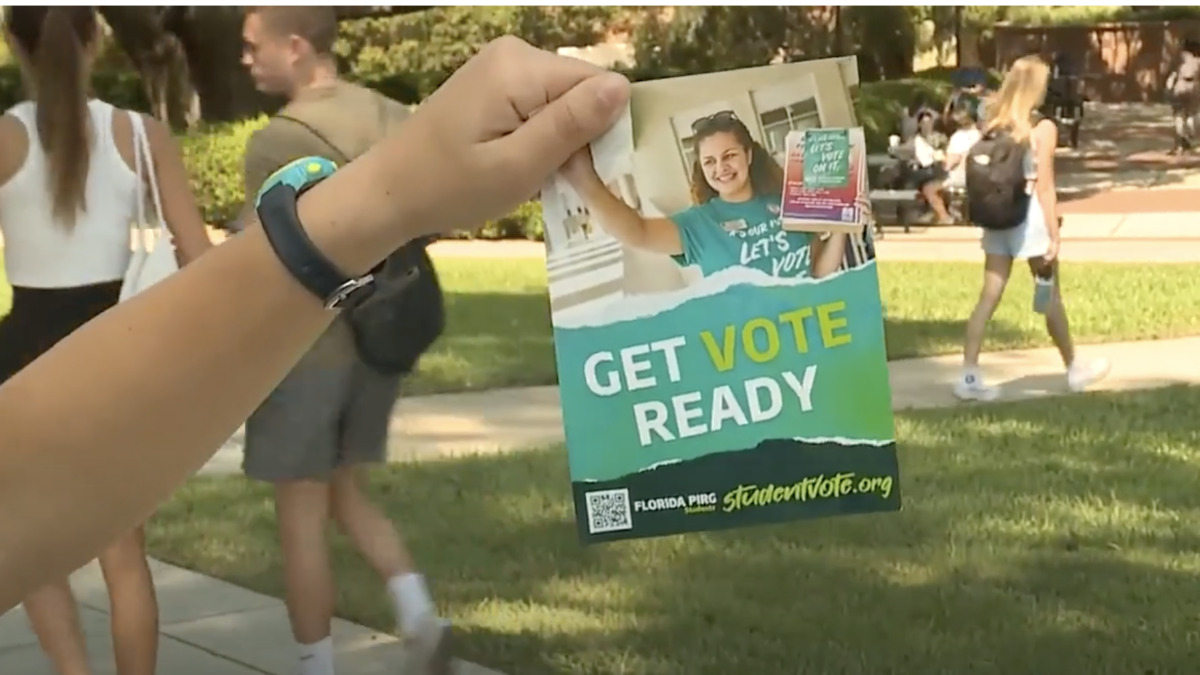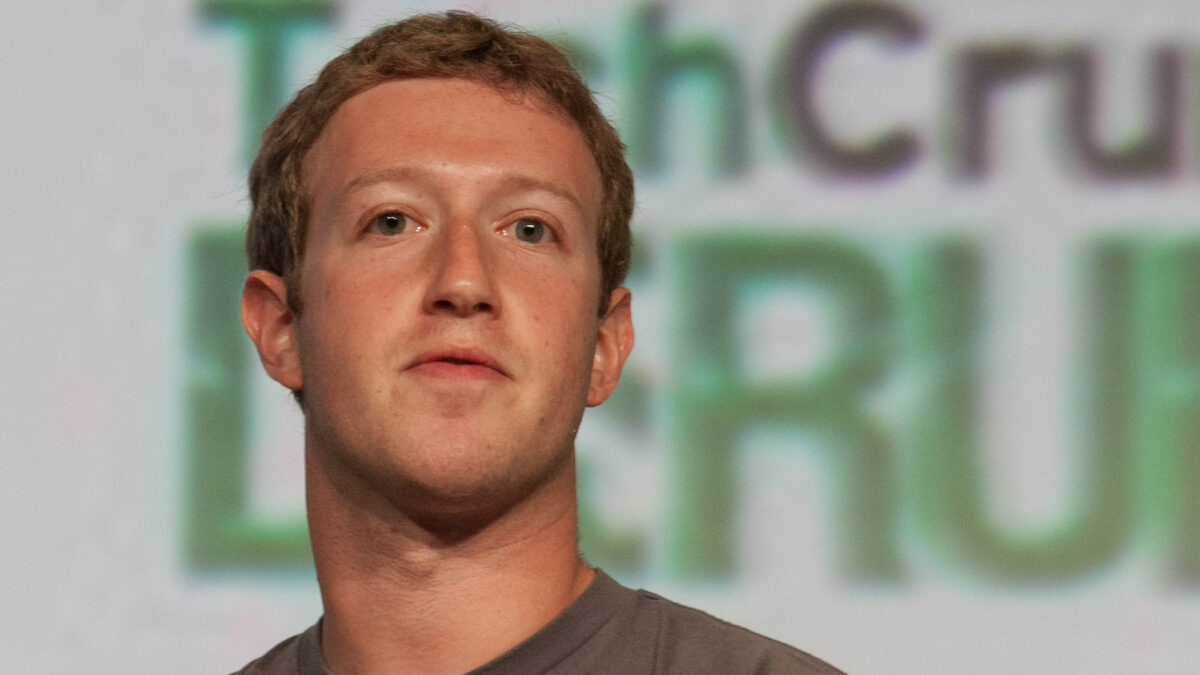One of the ugliest surprises to emerge from the 2020 election was one billionaire’s partisan attempt to privatize the election process across America. By now, most have heard about Facebook chief Mark Zuckerberg’s $350 million campaign to spread “Zuckbucks” in key battleground states through the Center for Tech and Civic Life (CTCL), ostensibly to help people vote during the Covid-19 pandemic.
We now know that while the Internal Revenue Service may classify CTCL as a 501(c)(3) public charity, there was nothing charitable about CTCL’s mission to undermine election integrity and turn out huge numbers of reliably Democratic voters — what one of us has called “the real kraken” of the 2020 election.
No Justice via Courts
Concerned citizens who sought justice in the courts were mostly disappointed.
CTCL boasts on its website that “every judge … rejected these challenges” to its Zuckbucks program in 2021, with one judge labeling such lawsuits a “conspiracy theory.”
Conservatives lost even where the courts agreed Zuckbucks were a problem. In 2020, one Wisconsin judge said the plaintiffs had a point when they argued “the receipt of private funds for public elections also gives an appearance of impropriety,” yet he declined to block the scheme.
Most recently, in October another Wisconsin judge shot down a Republican effort to halt Milwaukee election officials from participating in a privately funded get-out-the-vote effort that mirrored CTCL’s 2020 meddling.
Here’s the rub: Litigation can be a powerful tool to improve America’s elections and fight harmful left-wing election scams. But the CTCL scheme’s diabolical brilliance was that it did not explicitly violate the law.
We say this even though one of us has litigated election cases for decades, winning victories such as, most recently, blocking the acceptance of mail ballots with missing postmarks in Virginia and striking down mail ballots in Delaware.
But no matter how good number-crunching is at showing left-wing “charitable” dollars are distributed disproportionately to win elections for the Democratic Party, judges won’t respond favorably to litigation based on these statistics. That’s why litigation to stop Zuckbucks has failed.
Legislation Is Needed
Instead, conservatives should use legislation to defeat the weaponization of charities. Listen to the first Wisconsin judge: She admitted Zuckbucks “may merit a legislative response.” In other words, take this case to your representatives.
Losing in court shouldn’t upset conservatives, who rightly fear judicial meddling outside the bounds of the Constitution and the rule of law. They should bring the battle instead to state legislatures.
When someone gives government officials cash to change how they run their office, we used to call that a bribe.
The good news is that that battle is already in full swing. At least 24 states have banned or restricted Zuckbucks.
Passing similar reforms will be an uphill battle in states such as Wisconsin and North Carolina, given that half-a-dozen Democratic governors have vetoed Zuckbuck blocker bills. Wisconsin Gov. Tony Evers, a Democrat, vetoed proposed bans twice. In Montana, we found a similar bill failed by one vote after counties advocated for senators to keep the funds. The county election officials were addicted to these donations.
But swing states such as Virginia and Pennsylvania overcame partisan differences to reform laws on private funding of election offices. Smart leaders can chart a similar course through Michigan, Wisconsin, Nevada, and other purple states.
Zuckbucks a Culmination of Decades of Work
Election integrity advocates shouldn’t stop there. The Center for Tech and Civic Life’s Zuckbucks may have been novel in some respects, but it was actually the culmination of decades of left-wing “philanthropy” fueling left-wing “charities” to win elections for Democrats. Look no further than the Voter Participation Center, a “charity” that routinely dumps millions of absentee ballot requests and voter registration forms in mailboxes across battleground states to turn out the “New American Majority.”
As leftist journalist Sasha Issenberg put it in his 2012 book “The Victory Lab: The Secret Science of Winning Elections”: “Even though the group [Voter Participation Center] was officially nonpartisan, for tax purposes, there was no secret that the goal of all its efforts was to generate new votes for Democrats.”
Add to that the left’s army of tax-exempt, professional voter registration nonprofits — which spent $434 million in 2020 alone — and it’s clear that cleaning up America’s charitable sector will be the hardest but ultimately the most effective campaign conservatives have ever fought.
With the 2022 midterms behind us, it’s time to rally for a new front in the war to save free and fair elections. The American people understand election officials shouldn’t accept cash from outsiders who want them to change how they run elections.








